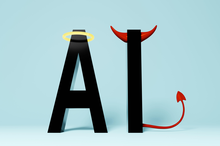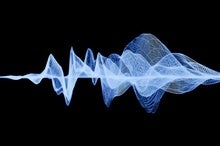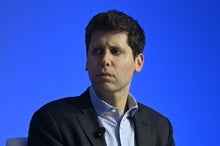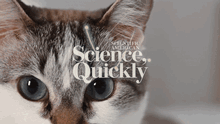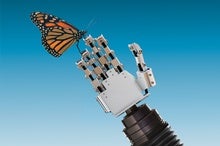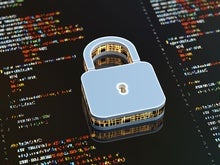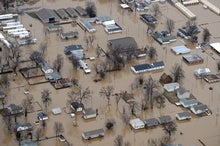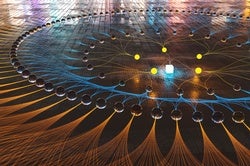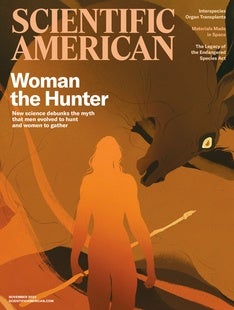 |
| December 12, 2023 |
IBM hit a big milestone this week when it released the first quantum computer with a 1000-cubit chip. For more on how quantum computers work, check out this video and this article explaining what exactly a cubit is. Elsewhere this week we're covering how AI systems find loopholes to jailbreak other AI systems, and a revolutionary new way to use 3-D printing. Enjoy! |
| |
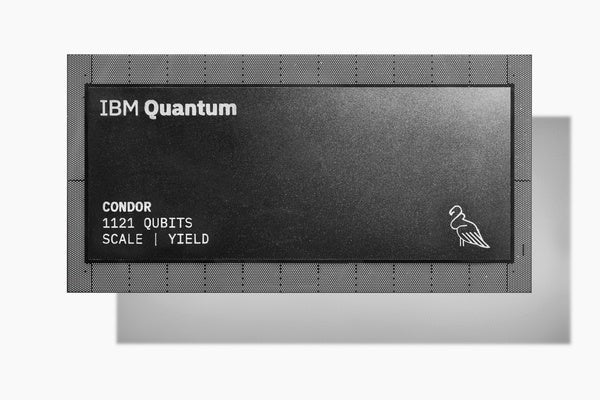 |
| |
| |
| |
| |
| Artificial Intelligence AI Can Now Read Your Cat's Pain Thanks to researchers, new AI tech is delving into feline feelings to see when cats could need medical help. |  | By Tulika Bose,Sophie Bushwick | 08:25 | | | |
| |
| |
| |
FROM THE ARCHIVE
 | | | |
LATEST ISSUES
 |
| |
| Questions? Comments?  | |
| Download the Scientific American App |
| |
| |




